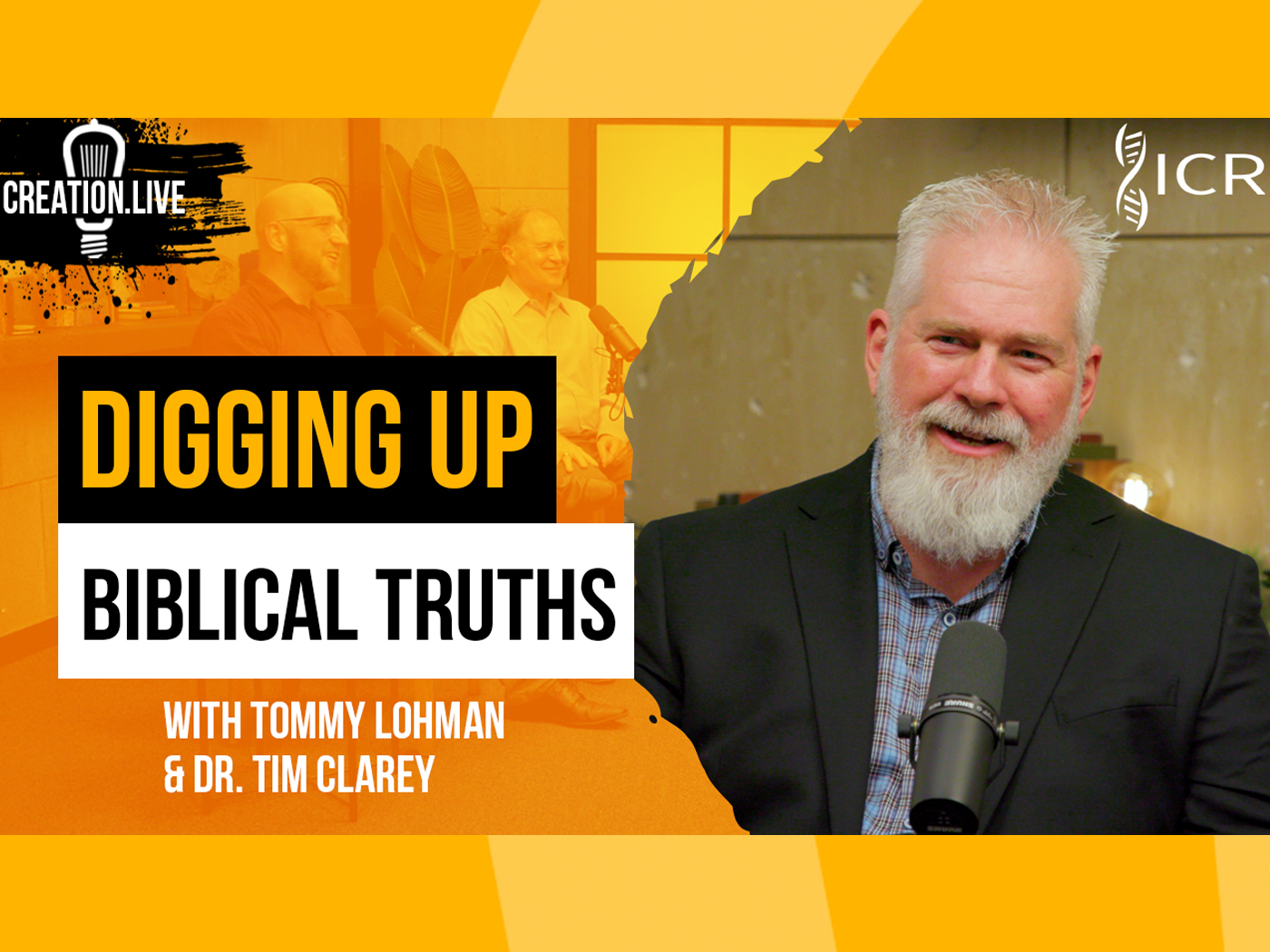
What would you do if the pastor of your church began his sermon by saying:
The cross is not the Son standing in my place to take the punishment that I ought to have. Such a view is immoral. In any case, no one person could suffer the whole world's punishments.
Imagine if he then went on to say, concerning the resurrection of Christ:
These resurrection appearances are not unlike paranormal experiences sometimes called "veridical hallucinations" which can take place shortly after the death of a loved one.
Sadly, such statements are being made in churches around the world, and many people are believing them, accepting without question what their religious leaders are teaching. What people should be doing is shouting, "Heresy! Heresy!"
Recently, while in England, I was given a book entitled Confirmation Notebook— The Content of Christian Belief, written by Hugh Montefiore, a bishop of the Anglican (Episcopal) church, the largest denomination in the UK. I was told that this book, from which I obtained the above quotes, is being used by a number of Anglican churches in the UK for their confirmation classes. In fact, on the back of the book, this statement is made: "Few books can have been more influential in confirmation preparation than Hugh Montefiore's Confirmation Notebook."
How could churches teach such anti-Christian doctrine as this, when the Bible plainly states, "So Christ was once offered to bear the sins of many . . . (Hebrews 9:28); "Who His own self bare our sins in His own body on the tree, that we, being dead to sins, should live unto righteousness: by whose stripes ye were healed" (I Peter 2:24); "For He hath made Him to be sin for us, who knew no sin; that we might be made the righteousness of God in Him" (II Corinthians 5:21)?
The author of this book does not believe in a literal bodily resurrection or a literal heaven or hell as we normally understand these things. In fact, he even comes out in support of Hinduism, Buddhism, and other pantheistic religions.
The resurrection, of course, is central to the gospel message. As Paul states: "And if Christ be not raised, your faith is vain; ye are yet in your sins" (I Corinthians 15:17).
How could a religious leader in a denomination known around the world reject the essentials of Christian doctrine? We have always said that when people reject Genesis, it leads to unbelief in the rest of the Bible. This is because Genesis is foundational to the rest of the Bible. If Genesis is not literal, then Christian doctrine cannot stand.
Even the humanists understand the importance of Christ as redeemer dying for our sins. As Richard Bozarth in the American Atheist magazine, February 1978, stated: "If Jesus was not the redeemer who died for our sins, and this is what evolution means, then Christianity is nothing." What then does Hugh Montefiore say about Genesis?
The Garden of Eden is a "myth," i.e., a historical tale embodying spiritual truth. From the viewpoint of anthropology it is exceedingly unlikely that there was a First Man and Woman. Yet the "myth" contains great truths.... Human beings are the result of evolution, and shaped by natural selection. Self-centeredness and aggression were essential at every stage of evolution. Human beings naturally inherit this self-centeredness ("original sin") and without it babies could not survive.
Because of his belief in evolution, he relegates Genesis (and sin) to the level of "myth." However, he believes that what he calls "myth" teaches truth! But who decides what these "truths" really are? Since the meaning of anything is dependent on its origin, if the origin is myth, then anyone can determine the meaning. This is the point that many church leaders seem to miss. If the events of Genesis are not literally true, then sin and marriage, etc., can be defined in any way one decides. This is exactly what Montefiore does.
Of course, if Genesis is myth, and the reader is the one who determines the meaning of things depending on how he interprets the myth, the meaning could change from person to person and age to age. Montefiore states: "The New Testament is not infallible, but it is the church's guide and "norm." Of course it needs re-interpretation in every age, and especially today."
I remember having lunch with a group of pastors in England. I was telling them about how foundational Genesis is to the rest of the Bible. One pastor spoke up and said, . . . you mean, if we don't believe Genesis, this will put us on a slippery slide of unbelief through the rest of Scripture?" "Yes, most definitely," I replied. He thought for a moment and then said, "I’m on that slippery slide!"
As I travel around, I get opportunities to speak to many different people and Christian leaders. What saddens me is the number of people from conservative churches who tell me that their pastor sounds very evangelical and teaches good doctrine, but he won't take a strong stand on Genesis or Creation. He allows for the days of creation to be long ages, or the flood of Noah's day to be local, or that there may have been death and bloodshed before Adam, and the world may be billions of years old.
I have a warning for these pastors: Re-read what Hugh Montefiore has written. He is only being logical and consistent with his evolutionary starting point. This is the ultimate end for those who reject the plain teaching of Scripture in Genesis and accept evolutionary ideas. Even though we might think it doesn't really matter that the pastor doubts certain aspects of Genesis as long as his doctrinal teaching seems good, this is the beginning of the end! Any Christian, church, or Christian organization that begins to doubt the foundational book of beginnings is opening the "cracks" that will eventually lead to a "Grand Canyon." History is replete with Christian organizations and churches that are now totally liberal--churches that once were conservative and Bible based, but who first compromised their belief in Genesis.
This is why I am so saddened at the number of Christian schools that allow for evolutionary ideas and don't teach the foundational importance of Genesis. My understanding is that the Christian school and home school movement arose as a result of Christians recognizing that the public school system had become humanistic in philosophy. The public schools teach evolution as fact in most instances, and usually won't allow any creation teaching. Christians wanted to rebuild the system from the ground up, beginning with the right foundation. But, if they doubt Genesis and adopt evolutionary ideas, they too will end up teaching what we have read from the Confirmation Notebook. They will eventually end up just like the public schools) Remember, the public school system was once Christian!
But home-schoolers will say, "Oh, no! We will never teach evolution! We will never end up in that situation!" How sad recently to see that a leading home school organization in America allowed advertising in its well-read magazine for material from an evangelical group that believes in the Big Bang, billions of years, a local flood, death and bloodshed before Adam, and many other non-Biblical ideas that reinterpret Genesis and thus open the door for the reinterpretation of the rest of Scripture. When the Executive Director of this home school organization was contacted, his reply included the following statements:
Our purpose is to provide information, training and support to home schoolers, as well as material, and resources. It is not our purpose to decide between competing positions on specific doctrinal or scientific views. That is not to say that we do not hold certain beliefs as fundamental (the person and work of Christ), and we would exclude from our publications and events anyone we judged to be antagonistic to those beliefs.
While most, if not all, of the Board would hold views closer to yours . . . we recognize that (the author) represents a position held by not a few Christians and that he presents material which is of interest and value to many, in spite of his disputed interpretation of Scripture.
We believe that Scripture is inspired by God and should be believed for what it says. The question of what it says, however, has been, and will continue to be, the subject of serious debate, even among "Bible believing" groups.
Beware! Home school movements—Christian schools—churches—Christians&













